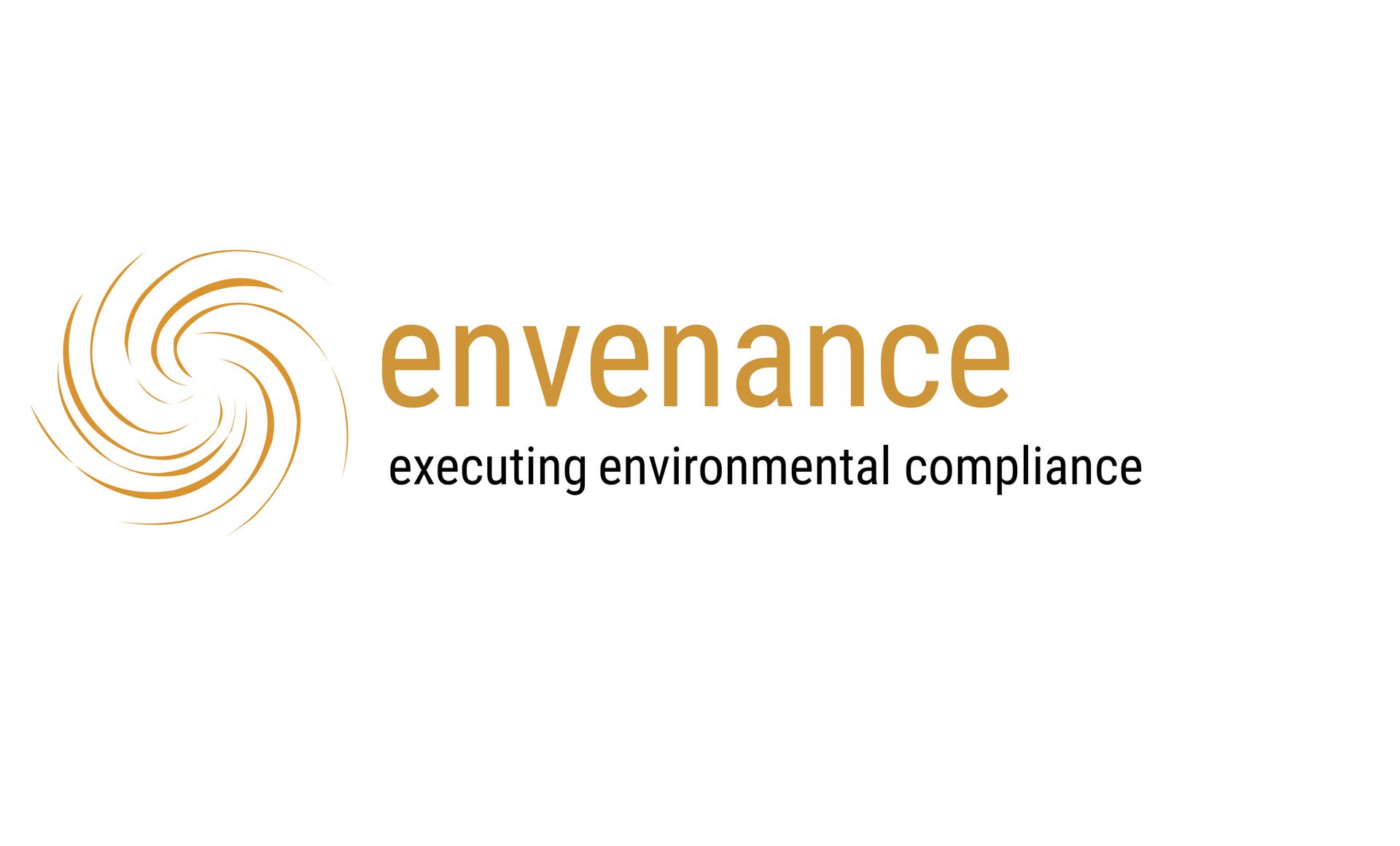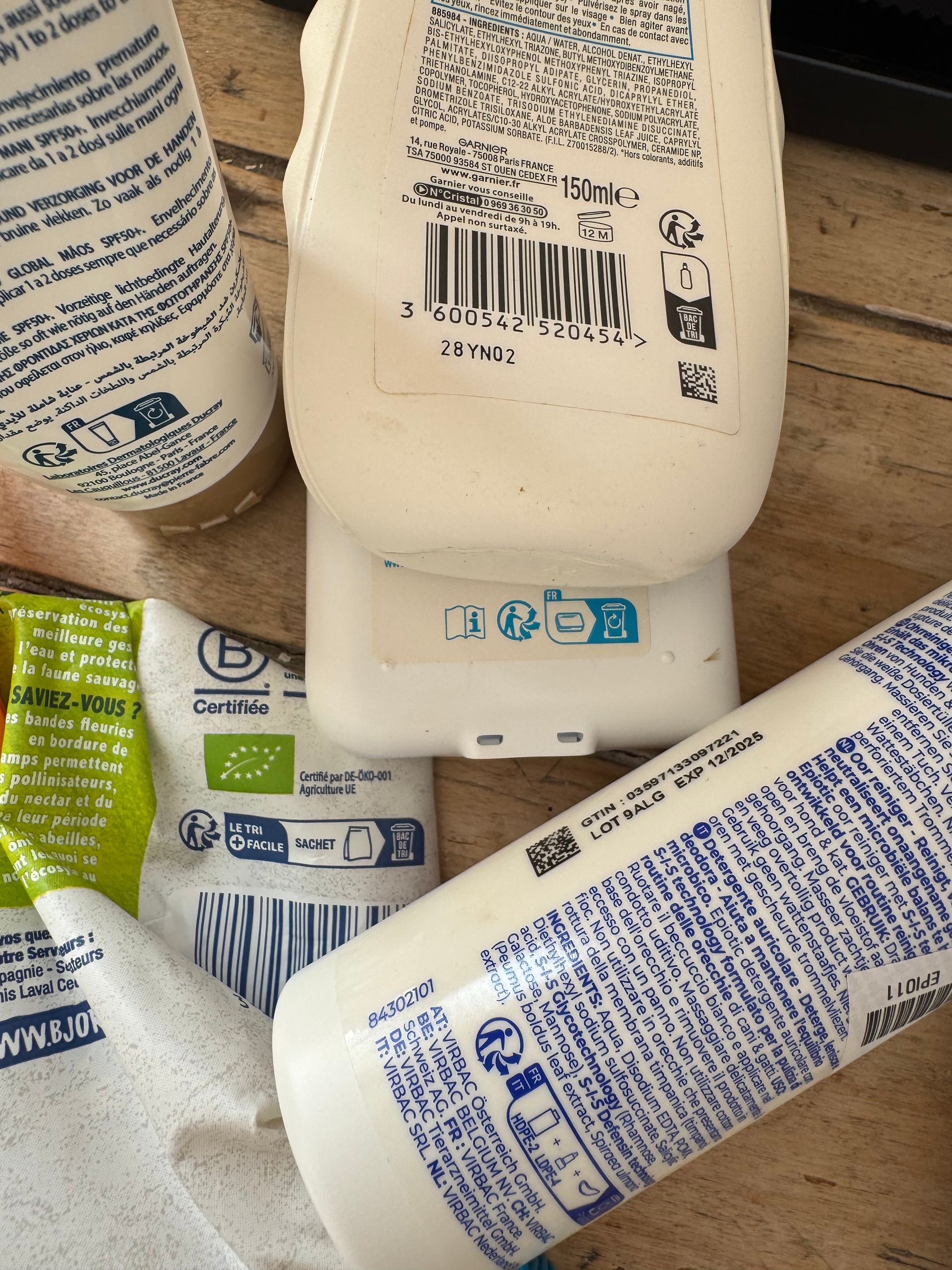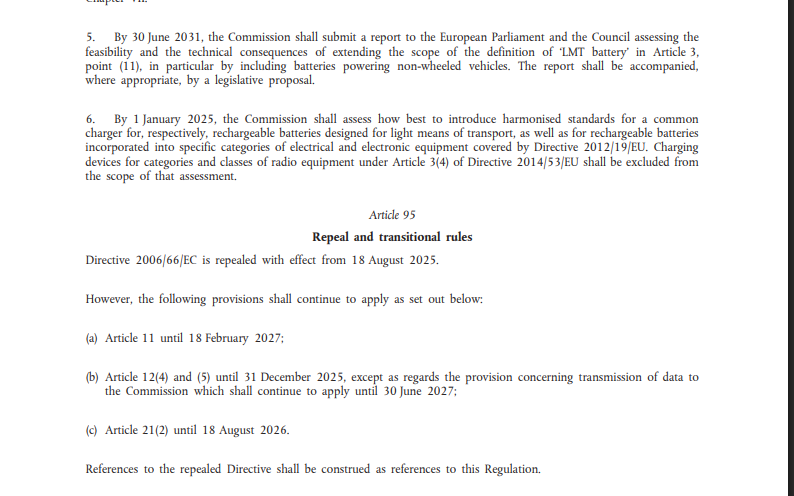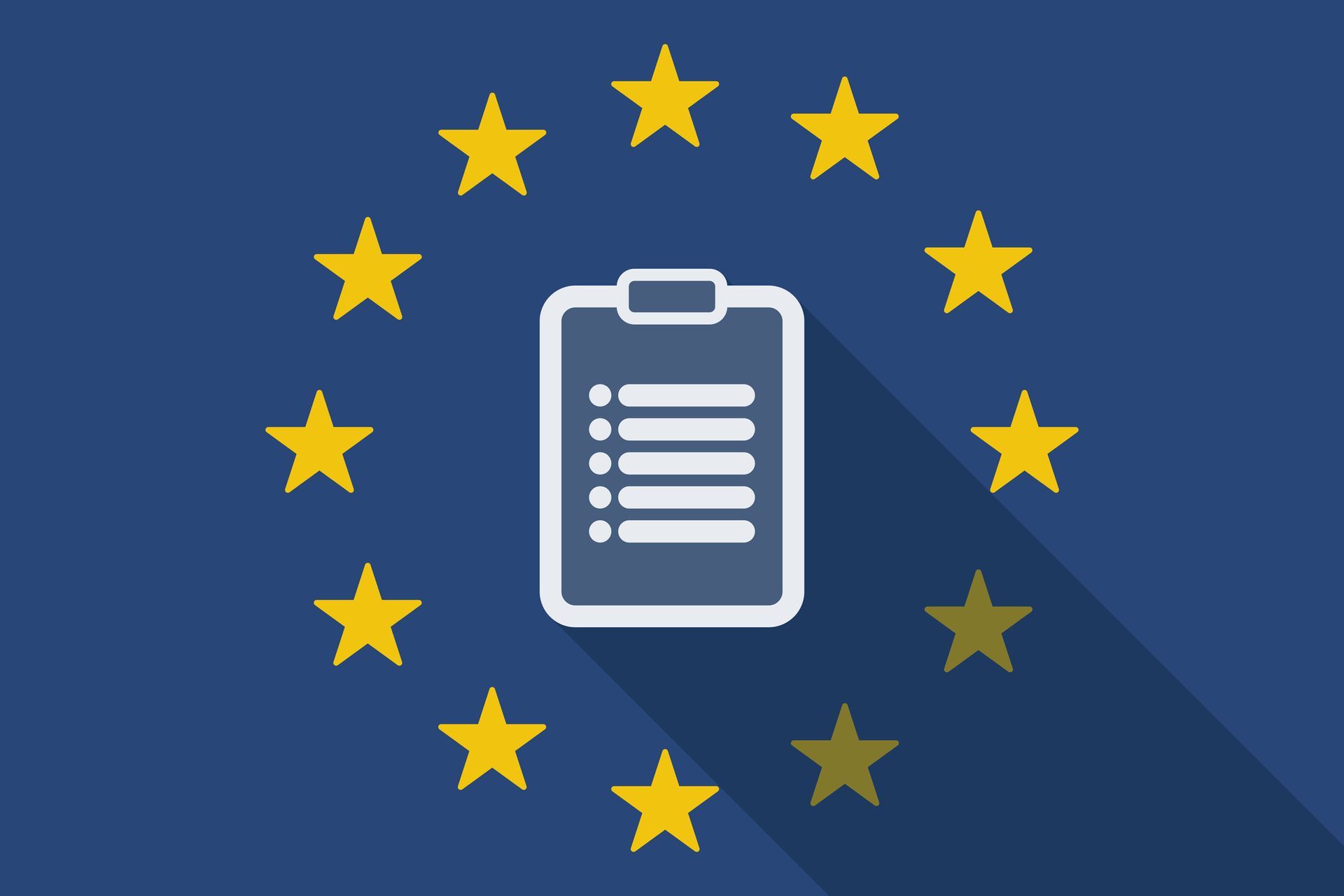Digital Product Passport.
A short summary upon status and outlook.
The concept of a Digital Product Passport (DPP) has been laid out in the proposal for a new Ecodesign for Sustainable Products Regulation (ESPR) which was published on the 30th March 2022 and aims to repeal the current Ecodesign Directive 2009/125/EC.
A DPP is a tool used to store and share relevant information throughout a product’s lifecycle and illustrate its sustainability, environmental, and recyclability attributes. It is supposed to inform consumers and other stakeholders in the product lifecycle on a product’s origin, material composition, repair, and disassembly options, as well as how the various components can be recycled. Therefore DPP are perceived by the European Union regulator as one of the key instruments to foster the circular economy.
The European Union targets to implement DPP across a wide range of products and industries. A draft regulation upon DPP will be published in December 2023. The final approval is expected in 2024 and the implementation of the first product groups set for the beginning of the second half of 2026. Eight priority product groups/ industries have been already selected: electronics, vehicles, textiles, plastics, construction and buildings, furniture, and chemicals.
Packaging will apparently not be subject to a specific set of rules but will be treated as component of a product placed on the market. The reason is that packaging is already addressed in the revised Packaging and Packaging Waste Directive.
With the regulation still in draft format, speculation remains about the final data requirements for a DPP. However, any DPP may include the following elements:
- basic product data, such as name, weight, batch number, manufacturing date and site, and warranty details
- material data, including raw material and component origin, suppliers involved in the sourcing process, certifications for ingredient provenance, the percentage of recycled content
- traceability data: product history, chain of custody, details on current and past owners
- repair and recycling data: information about the overall repairability of the product, plus specific repair events and instructions for end-of-life disposal.
- sustainability data, e.g. a product’s carbon footprint, water use, and land/ sea/ air miles travelled.
In other words, the DPP covers the following aspects of a product’s life cycle:
- raw materials
- production processes
- product performance
- environmental impact
- social impact
The practical technical implementation of a DPP is not defined yet since a unified and harmonized system and the appropriate technology application is currently lacking. However, companies affected by the DPP sectors are well advised to prepare their data basis already. Going forward, block-chain enabled supply chain platforms may be a practice for the implementation of the DPP concept. In order to respond to these challenges, the EU Commission has started the CIRPASS (Collaborative Initiative for Standards-based Digital Product Passport for Stakeholder-Specific Sharing of Product Data for a Circular Economy) project. It involves 30 stakeholders in the field of a DPP in three industries: electronics, batteries and textiles. The aim of this project is the generation of a total of three DPP prototypes, one for each sector. Other expected outcomes of the project are recommendations for a data exchange protocol and a system architecture so that the DPP will be standardized and machine-readable.
Sources:
https://eur-lex.europa.eu/LexUriServ/LexUriServ.do?uri=OJ:L:2009:285:0010:0035:en:PDF













